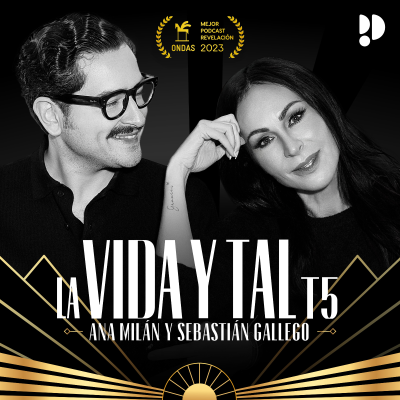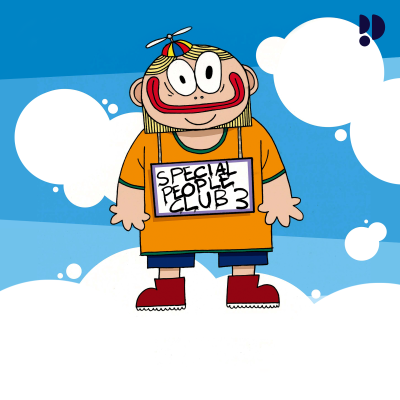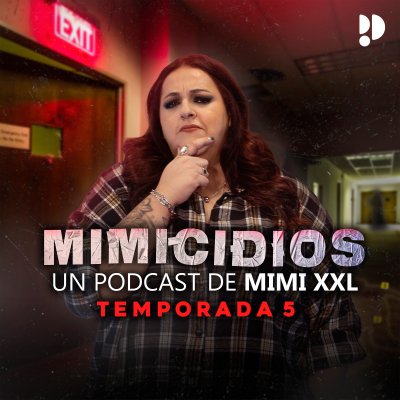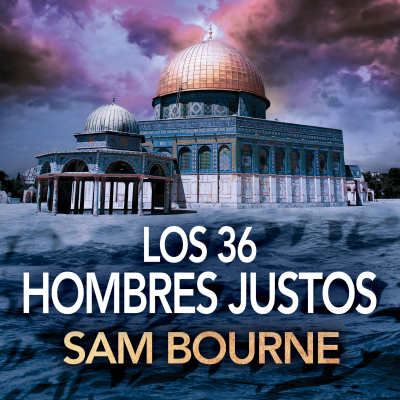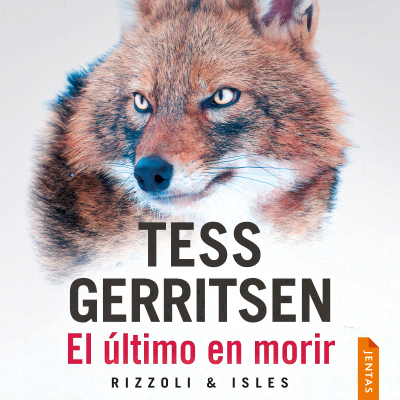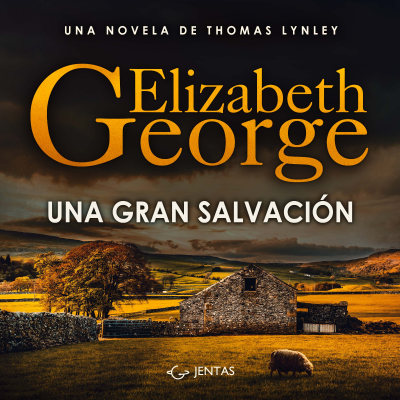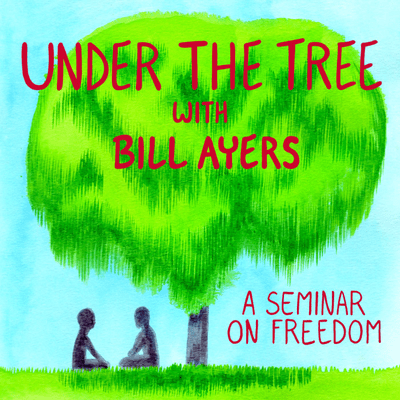
Under the Tree: A Seminar on Freedom with Bill Ayers
Podcast de Under the Tree with Bill Ayers
“Under the Tree” is a new podcast that focuses on freedom—a complex, layered, dynamic, and often contradictory idea—and takes you on a journey each week to fundamentally reimagine how we can bring freedom and liberation to life in relation to schools and schooling, equality and justice, and learning to live together in peace. Our podcast opens a crawl-space, a fugitive field and firmament where we can both explore our wildest freedom dreams, and organize for a liberating insurgency. "Under the Tree" is a seminar, and it runs the gamut from current events to the arts, from history lessons to scientific inquiries, and from essential readings to frequent guest speakers. We’re in the midst of the largest social uprising in US history—and what better time to dive headfirst into the wreckage, figuring out as we go how to support the rebellion, name it, and work together to realize its most radical possibilities—and to reach its farthest horizons?
Disfruta 90 días gratis
4,99 € / mes después de la prueba.Cancela cuando quieras.
Todos los episodios
136 episodiosIn 1922 a commission made up of prominent citizens—six Black men and six white men appointed by the governor of Illinois—issued a report about the 1919 Race Riot entitled The Negro in Chicago: A Study on Race Relations and a Race Riot. Eve Ewing’s dazzling poetry collection, 1919, excerpts small bits from the report as epigraphs for each poem, comments like “…the presence of Negroes in large numbers in our great cities is not a menace in itself,” and “the sentiment was expressed that Negro invasion of the district was the worst calamity that had struck the city since the Great Fire.” Today the Chicago Race Riot of 1919 Commemoration Project (CRR19) aims to ignite conversations about white supremacy in Chicago and around the country and the world. Formally launched on the 100th anniversary of the riot, CRR19 remembers the worst incident of racial violence in the city’s history, and the events that swept the city and set the framework for racial segregation to this very day. We’re joined by Franklin Cosey Gay and Peter Cole, co-directors of CRR19 on the eve of their annual commemoration and slow-rolling south-side bike tour.
If you were ever an enthusiastic reader of “Calvin and Hobbes,” “Peanuts,” “Blondie,” “Doonesbury,” or the “Boondocks,” you have a treat coming your way: “Mafalda,” a six-year-old comic book character created by the artist Quino in Argentina, is now available in English in a dazzling translation by Frank Wynne. Mafalda is a precocious kid—Frank describes her as “six going on sixty”—who observes the world around her with fresh eyes, and then asks the kind of queer questions that the grown-ups in her life can’t or won’t answer. Mafalda’s concerns focus on humanity and world peace, and her innocence shines a bright light on the conflict between what adults claim to value, and how they actually live. Think of her as a socialist “Nancy.” We’re joined from London by Frank Wynne, a former Chair of the Judging Panel of the International Booker Prize and the award-winning author, translator, and editor of two major anthologies, Found in Translation: 100 of the finest stories every translated, and QUEER: LGBTQ Writing from Ancient Times to Yesterday.
Big time college sports have distorted the intellectual mission of colleges and universities for decades—and we’re in a particularly volatile period as athletes organize themselves into unions and demand a share of the riches that they’ve created with their labor, as well as the fashioning of a system that makes intercollegiate athletics increasingly indistinguishable from professional sports. The “Transfer Portal,” the “Name/Image/Likeness” deals that athletes sign with third parties, and now direct payments to athletes on top of their scholarships (which typically cover tuition, housing, and health care) create a Brave New World for universities, perhaps a kind of crossing-the-Rubicon moment. We’re joined by Rus Bradburd, a writer who spent 14 seasons coaching college basketball, followed by16 years as a university professor, in conversation about his subversive and hilarious novel, Big Time, as well as the state of the field.
The mass incarceration system has been dubbed “the new Jim Crow”—there are now more Black men in prison or on probation or parole than there were living in bondage as chattel slaves in 1850. There are significantly more people caught up in the system of incarceration and supervision in America today—over six million—than inhabited Stalin’s gulag at its height. And while the United States constitutes less than 5 percent of the world’s people, it holds over 25 percent of the world’s combined prison population. There’s more, of course, but you get the idea—the tentacles of the criminal legal system touch us all, coming down with especially lethal force against poor and marginalized people who are increasingly deemed disposable in the eyes of the powerful. We’re joined in conversation with Patrick Hoffman, a writer and private investigator based in Brooklyn whose latest novel, Friends Helping Friends, is a dazzling triller and a portrait of two young men living on the borderland of society. Their unwanted contact with a corrupt legal system drags them into a frightening brush with a white nationalist group that tests the redemptive power of friendship.
Thomas Jefferson was the masterly author of the ringing and rousing Declaration of Independence as well as a human trafficker and serial rapist. The second president embodies James Baldwin’s observation that “American history is longer, larger, more various, more beautiful, and more terrible than anything anyone has ever said about it.” The US is a settler-colonial colossus whose founders committed one of the most massive genocides in the history of the world—violence in the service of wealth accumulation has been a national calling card from the start. It’s also the birthplace of Harriett Tubman, John Brown, Geronimo, Malcolm X, Grace Lee Boggs, and generations of freedom-fighters. The wealth and the power of the US derives from armed robbery, serial murder, stolen land, and forced labor—that’s legacy. And we cannot be free without facing the complexity and the hard truth. We’re joined in conversation with Jesse Hagopian, one of the most brilliant contemporary voices in education, and author, most recently, of Teach Truth : The Struggle for Antiracist Education, an essential text for these troubled times.
Disfruta 90 días gratis
4,99 € / mes después de la prueba.Cancela cuando quieras.
Podcasts exclusivos
Sin anuncios
Podcast gratuitos
Audiolibros
20 horas / mes





